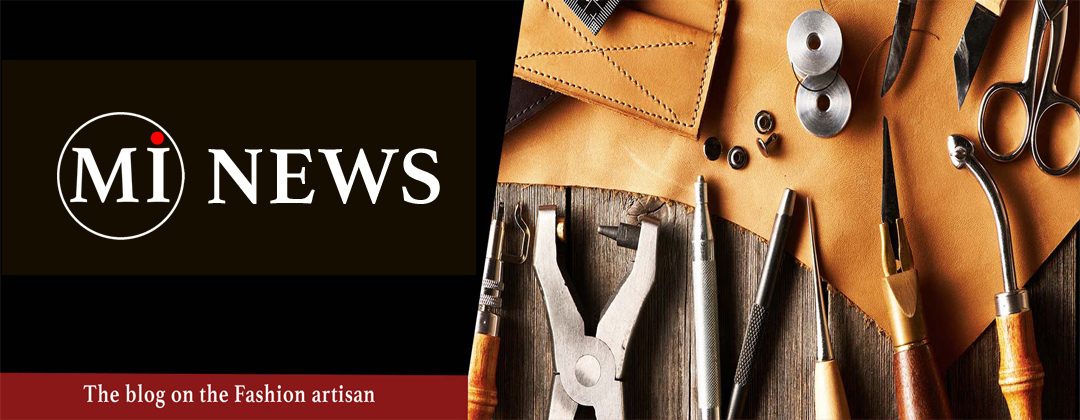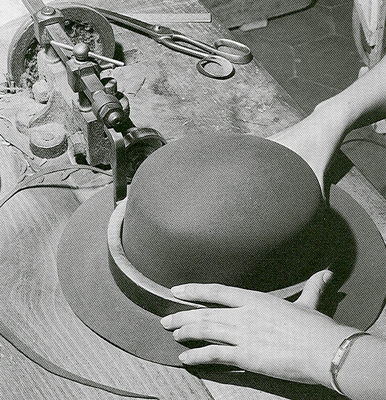Passion, uniqueness and art, Italy is the first European country as for small businesses
From metals to textiles, from food to leather, from stone to wood, from plastic to ceramic, from glass to paper: the “astisan value” of manufacturing has specific Italian character.
The deep knowledge of our traditions and land, combined with the talent of human resources, contibutes to the creation of high quality products.
The sectrets of manufacturing are passed on from generation to generation. This feature allows the producer to be focused on the real needs of the customer by enhancing their sense of beauty with personalized products.
The handmade product “Made in Italy” represents functionality and quality of materials and ensures duration in time. The real “Made in Italy” is carried out in compliance with the labor legislation.
The buyer has certainty of not contributing to the labor exploitation of women and children or to the deplorable practice of underpaid labor carried out in unsafe conditions.
The artisan production “Made in Italy” overcome the logic of standardized product and guarantees consumers a high level of customization of the product.
In many cases, the product “Made in Italy” is unique and not at all standardized.
The high quality of raw materials gives the customer the certainty of an authentical product and eliminates all the risks related to contamination, health, allergies and malfunctioning.
The corporate identification and disclosure requirements, prescribed by the regulations for manufacturers of the “Made in Italy”, allows the consumer to find out the producer, to contact him, and obtain information regarding the origin and production phases of the product.
The price is often an indicator of product’s quality: this feature needs to be always evaluated and allows the consumer to destinate the purchases to his actual needs.
With the purchase of a “Made in Italy” product, the consumer knows he is paying a price corresponding to the intrinsic value of the goods purchased, in terms of work and technology, excluding mark-ups due to excess profits.




